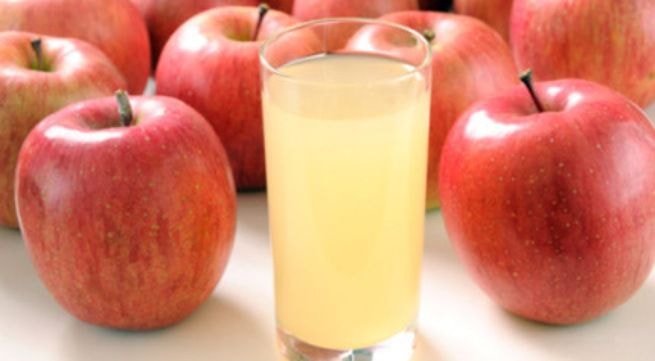Cancer radiation therapy, what should you eat?
Cancer and cancer treatment can cause adverse effects related to nutrition on the patient's body, loss of appetite, reduced ability to absorb nutrients leading to malnutrition. Meanwhile, nutrition plays a very important role in helping patients heal wounds quickly, fight infections and provide energy for the body. A good eating habit can help patients minimize many disadvantages caused by cancer treatment as well as the disease itself.
Anorexia - a constant problem for cancer radiotherapy patients
To ensure proper nutrition, patients need to eat a full diet that ensures all groups of nutrients: protein - carbohydrates - fat - vitamins, minerals - water. Malignant tumors can produce substances that negatively affect the body's absorption of nutrients. The body's use of protein, carbohydrates, and fat is affected, especially when the tumor is present in the stomach or intestines. Patients feel full, bloated, anorexia, and no hunger even though the body cannot absorb nutrients. Common disadvantages caused by cancer and the treatment process can make patients feel: loss of appetite; dry mouth; pain and infection of the mouth and throat; nausea, vomiting; changes in taste; diarrhea; decreased white blood cells; drinking less water; constipation...
 |
| Fruit juices rich in vitamins and minerals should be added to the diet of cancer patients to provide extra energy. |
Loss of appetite is one of the most common problems during radiation therapy for cancer. Depression and vague fears can also cause patients to lose their appetite. Side effects of treatment such as nausea, vomiting, and changes in taste also contribute to making patients less interested in eating. For some people, loss of appetite only lasts a few days; for others, it can last longer.
How to improve?
For whatever reason, cancer patients and their families need to pay attention to the following nutritional regimen to improve the above condition.
Eat a high-energy, high-protein diet, with several small meals a day instead of three main meals. This way of eating allows the patient to eat more without feeling full.
Add more energy and protein to foods (butter, milk powder, honey, brown sugar...).
Supplement with drinks (special drinks containing nutrients), soup, milk, juice (fruit, vegetable, meat), pureed, blended, blended foods...
Prepare and stock up on tasty foods that are easy to grab anytime, anywhere, whenever you're hungry (cheese, crackers, raisins...).
Breakfast should be the main meal, accounting for 1/3 of total energy and protein intake for the whole day.
Eat foods with delicious and attractive flavors. If the patient is allergic to strong-smelling foods, use a range hood, and let the food cool down before eating (because hot food will have a very strong smell); open the lid of the pot to reduce the smell before bringing it into the patient's room. The air in the room when eating should be cool and pleasant.
Be creative and change dishes, diversify food and desserts.
While eating should be relaxing, fun, meals should be presented attractively.
Regular exercise will help you improve your appetite. Talk to your doctor to find out what type of exercise is right for you.
According to Health and Life






